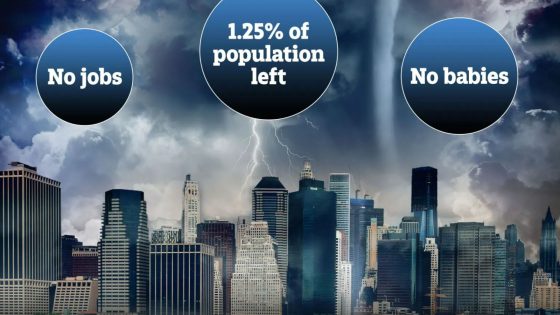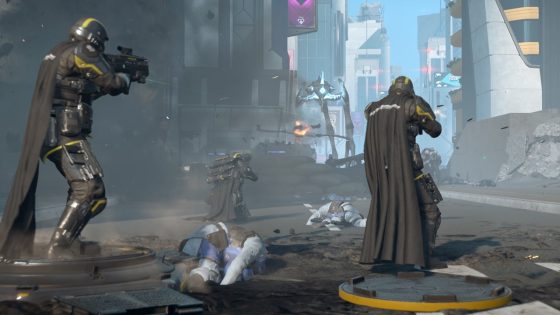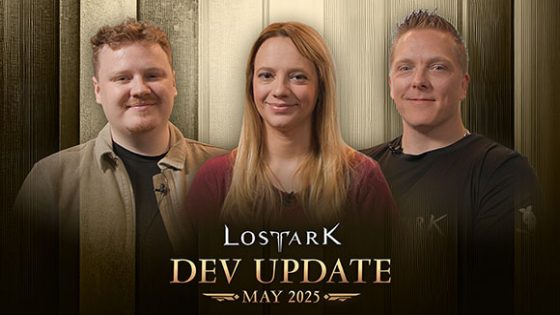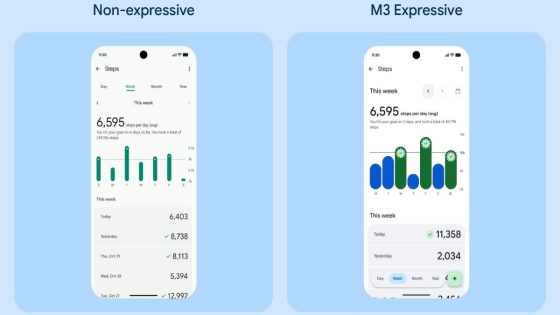The future of our cities may be at risk as experts warn that AI could drastically reshape global demographics. According to computer science professor Subhash Kak, by 2300, Earth’s population could dwindle to just 100 million due to job losses driven by artificial intelligence. This alarming forecast raises questions about the sustainability of major urban centers like New York and London, which could transform into ghost towns.
- Dystopian future: population drops to 100 million.
- AI predicted to replace all jobs.
- Major cities could become ghost towns.
- Declining birth rates linked to job fears.
- Elon Musk warns of potential human extinction.
- China's AI supercomputer project in space.
In a recent discussion, Kak highlighted that the rapid advancement of AI is set to replace nearly all jobs, leading to a significant decline in birth rates. He noted that many potential parents are hesitant to have children in a world where future employment opportunities seem bleak. As he stated, “If you sense that there will be no jobs for children, that translates into extreme costs of child rearing.” This stark reality could see the global population plummet from around 8 billion today to levels comparable to Britain’s current population by 2300.
This raises an important question: what does this mean for our future? As AI continues to evolve, its impact on employment and societal structures becomes increasingly significant. Are we prepared for a world where major cities become uninhabited?
- AI could lead to unprecedented job losses worldwide.
- Urban areas may face severe depopulation, affecting economies and cultures.
- Declining birth rates could result in an aging population crisis.
- Societal structures may need to adapt to a dramatically smaller population.
As we navigate the complexities of AI’s impact on our lives, it’s crucial to consider proactive measures to ensure a sustainable future. How can we balance technological advancement with the need for employment and community resilience?

















![T-Mobile customers are only now finding that T-Life records their screen [UPDATED]](https://news.faharas.net/wp-content/uploads/2025/05/T-Mobile-Users-Shocked-as-T-Life-Secretly-Records-Screens-–-What-230x129.jpg)















